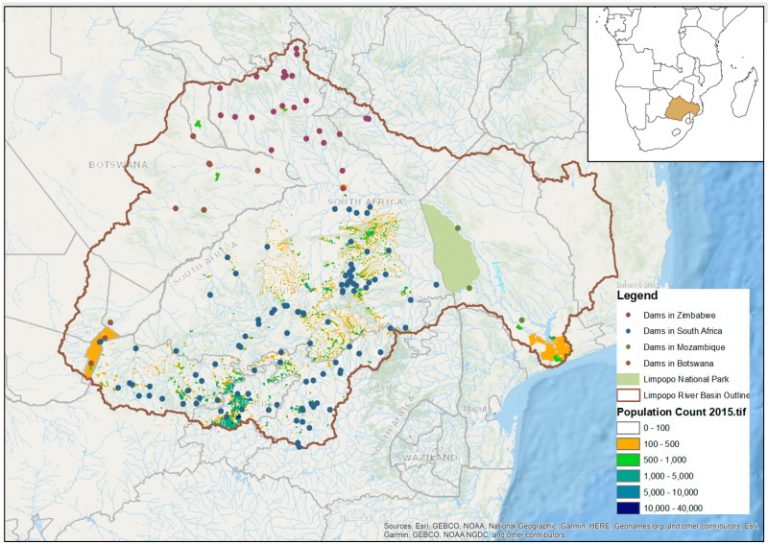 MERZ, YANG – A Metacoupling Framework for Exploring Transboundary Watershed Management
MERZ, YANG – A Metacoupling Framework for Exploring Transboundary Watershed Management
Leandra Merz, Di Yang, and Vanessa Hull
Article first published online: 2 MAR 2020 Sustainability
DOI: 10.3390/su12051879
ABSTRACT: Water is crucial for ecosystem health and socioeconomic development, but water scarcity is becoming a global concern. Management of transboundary watersheds is inherently challenging and has the potential to lead to conflict over the allocation of water resources. The metacoupling framework, which explores the relationships between coupled human and natural systems that are nested within multiple different scales, has been proposed to inform more holistic management of transboundary watersheds. This paper provides the first attempt to apply a metacoupling framework to a transboundary watershed for an improved integrated understanding of this complex system at multiple spatial scales. It does so with the transnational Limpopo River watershed in Southern Africa, which covers 1.3% of the continent and supports the livelihoods of 18.8 million people living in Botswana, Mozambique, South Africa, and Zimbabwe. Sub-Saharan Africa is experiencing a growing gap between water availability and demand; the primary drivers are population growth and agriculture expansion. The novelty of the paper is outlining the importance of applying a metacoupling framework to transboundary watersheds, identifying the limitations to this application, and providing a detailed assessment of the steps needed to complete this application. We also identify directions for future research including application of a metacoupling framework to other transboundary watersheds and exploration of spillover effects and externalities within this and other transboundary watersheds.
Read the full publication at Sustainability